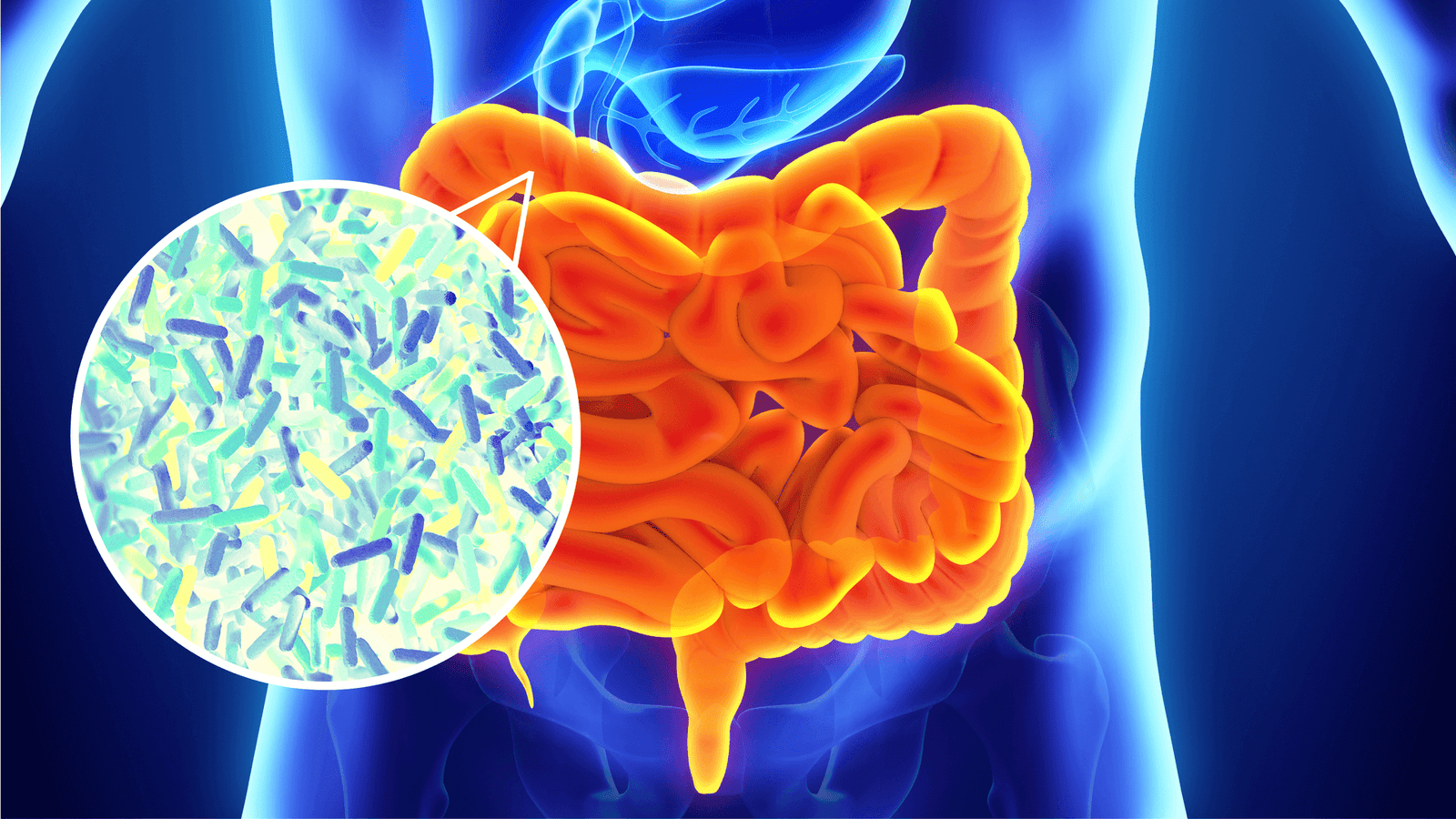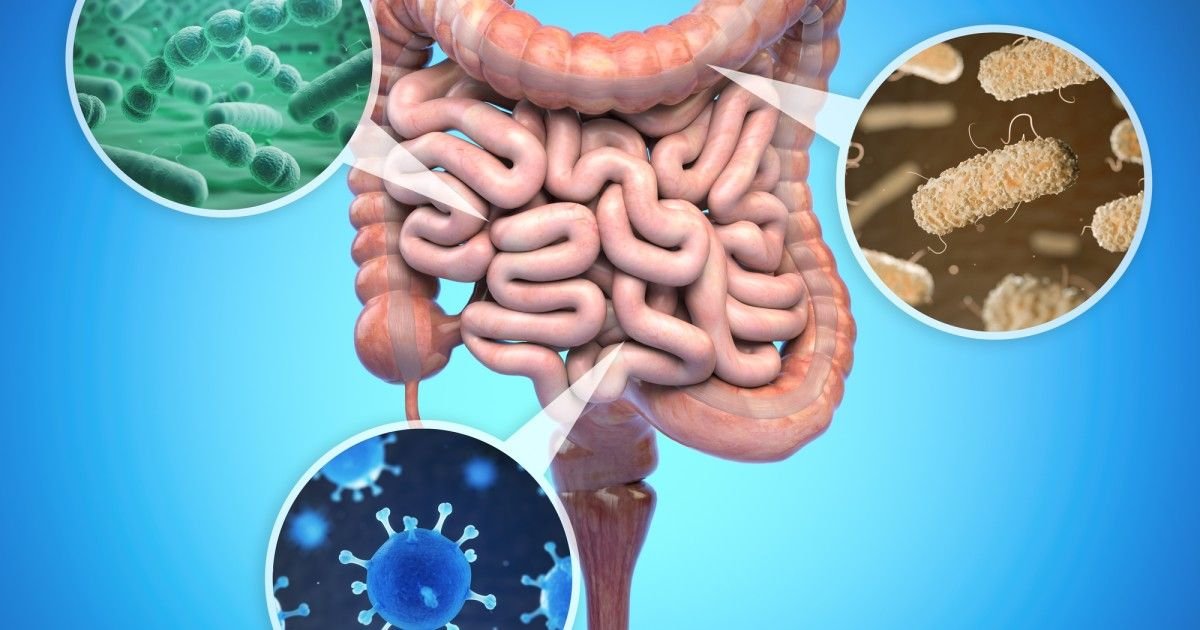In the realm of health and wellness, the microbiome has emerged as a pivotal player, influencing everything from digestion to mental health. The gut, home to trillions of microorganisms, plays a crucial role in maintaining overall well-being. As we delve into 2024, let’s unravel the secrets of nourishing your microbiome for optimal health and vitality.
Table of Contents
Understanding the Microbiome
The microbiome refers to the diverse community of microorganisms that reside within the gastrointestinal tract. This complex ecosystem includes bacteria, viruses, fungi, and other microbes, collectively known as the gut microbiota. These tiny inhabitants play a vital role in digestion, metabolism, immune function, and even mood regulation.
The Gut-Brain Connection
Surprisingly, the gut and brain are in constant communication through the gut-brain axis, a bidirectional link that influences emotions, cognition, and behavior. This connection highlights the importance of gut health in maintaining mental well-being.
Nourishing Your Microbiome
- Dietary Fiber: Fiber-rich foods, such as fruits, vegetables, legumes, and whole grains, act as fuel for beneficial gut bacteria, promoting their growth and diversity.
- Probiotics: These live beneficial bacteria can be found in fermented foods like yogurt, kefir, sauerkraut, and kimchi. Incorporating these foods into your diet can help maintain a healthy balance of gut bacteria.
- Prebiotics: Prebiotics are non-digestible fibers that stimulate the growth of beneficial bacteria in the gut. Sources include garlic, onions, leeks, asparagus, and bananas.
- Polyphenol-Rich Foods: Polyphenols are plant compounds with antioxidant properties found in foods like berries, dark chocolate, and green tea. They can help support a healthy microbiome.
- Limiting Sugar and Artificial Sweeteners: Excessive sugar and artificial sweeteners can disrupt the balance of gut bacteria, so it’s best to consume them in moderation.
- Stress Management: Chronic stress can negatively impact gut health. Practices like meditation, yoga, and deep breathing can help reduce stress and support a healthy microbiome.
The Role of Exercise in Gut Health
In addition to diet and stress management, regular physical activity plays a crucial role in maintaining a healthy microbiome. Exercise has been shown to increase the diversity of gut bacteria, which is associated with better overall health. Aim for a combination of aerobic exercise, strength training, and flexibility exercises to reap the full benefits for your gut.
Sleep and Gut Health
Quality sleep is essential for gut health. Poor sleep habits can disrupt the balance of gut bacteria and contribute to digestive issues. Aim for 7-9 hours of quality sleep each night to support a healthy microbiome.
Hydration and Gut Health
Staying hydrated is key to maintaining a healthy gut. Water helps flush out toxins and supports the growth of beneficial bacteria. Aim to drink at least 8 glasses of water a day, and consider adding hydrating foods like watermelon, cucumber, and oranges to your diet.
The Impact of Medications on Gut Health
Certain medications, such as antibiotics, can disrupt the balance of gut bacteria. If you need to take antibiotics, talk to your healthcare provider about strategies to support your gut health during and after treatment, such as probiotic supplementation.
The Gut Microbiome and Immune Function
A healthy gut microbiome is essential for a strong immune system. Approximately 70% of the body’s immune cells are located in the gut, highlighting the crucial role gut health plays in overall immunity. Supporting your gut health through diet, exercise, and stress management can help keep your immune system strong.
In conclusion, nurturing your microbiome is key to achieving optimal well-being in 2024. By focusing on a diet rich in fiber, probiotics, and polyphenols, managing stress, and avoiding excessive sugar, you can support a thriving gut ecosystem. Embrace the gut health revolution and unlock the potential of your microbiome for a healthier, happier you.
FAQs
Q: Can gut health affect weight management?
A: Yes, the composition of your gut microbiome can influence your body’s metabolism and how you store fat, potentially impacting weight management.
Q: How long does it take to improve gut health?
A: Improving gut health is a gradual process that can vary from person to person. Consistently incorporating healthy habits like a balanced diet and stress management can lead to positive changes over time.















